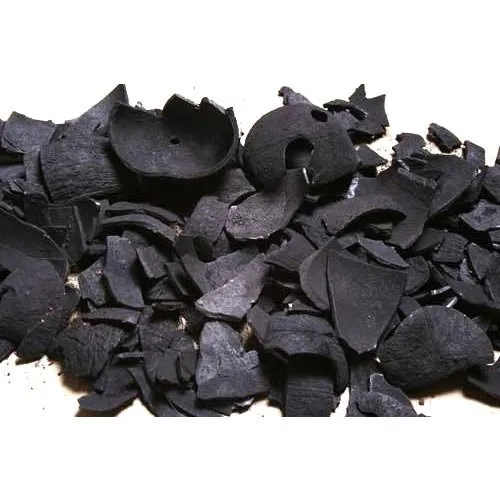Uses of Coconut Shell Charcoal, here’s the explanation

Coconut shell charcoal is an eco-friendly and versatile fuel made from the hard shells of coconuts. The uses of coconut shell charcoal are extensive due to its high carbon content, low ash production, and long-lasting burn, which make it an efficient and reliable energy source. These qualities allow it to be applied in a variety of settings, from household cooking to industrial processes.
The uses of coconut shell charcoal extend beyond energy production. It serves important roles in environmental and industrial contexts, offering a sustainable alternative to traditional fossil fuels. Its renewable nature helps reduce carbon emissions, supporting global efforts toward cleaner and more sustainable energy solutions.
Cooking Fuel
One of the main applications of coconut shell charcoal is as a cooking fuel. In many parts of Asia and Africa, it is favored over traditional wood charcoal because it produces more heat and burns more efficiently. This makes it an excellent choice for both household and commercial cooking needs.
Coconut shell charcoal also lasts longer than regular charcoal, reducing the need for frequent replacement and lowering overall costs. Additionally, it generates minimal smoke and odor, creating a cleaner and more enjoyable cooking experience, particularly for indoor grills and traditional stoves.
Industrial Applications
Beyond its use as a cooking fuel, coconut shell charcoal is extensively utilized in the production of activated carbon. Activated carbon is a highly porous substance capable of absorbing impurities, chemicals, and toxins from air, water, and industrial processes.
Industries rely on activated carbon derived from coconut shell charcoal for applications such as water purification, air filtration, and even gold recovery in mining. Its exceptional adsorption capacity makes it more effective than many other raw materials, highlighting the versatility and industrial value of coconut shell charcoal.
Briquette Production
Another important application of coconut shell charcoal is in the production of briquettes. Briquettes are compacted blocks of charcoal that offer greater convenience in handling, transportation, and storage compared to loose charcoal.
These briquettes are widely used in both domestic and commercial settings, such as barbecues, restaurants, and industrial heating. Their consistent size and shape provide uniform heat output, improving efficiency while minimizing waste, making them a practical and reliable fuel option.
Agricultural Uses
Coconut shell charcoal also plays a valuable role in improving soil quality and boosting agricultural productivity. When transformed into biochar a type of charcoal used as a soil amendment it helps retain moisture, enhance soil fertility, and support higher crop yields.
Biochar made from coconut shells is especially beneficial because it contains essential minerals such as potassium and calcium, which naturally enrich the soil. Additionally, the use of biochar aids in carbon sequestration, helping to lower the overall carbon footprint of farming practices and promoting more sustainable agriculture.
Personal Care and Medicine
Coconut shell charcoal has also found applications in traditional medicine and personal care products. Its natural detoxifying properties make it a popular ingredient in items such as teeth whitening powders, facial masks, and soaps.
The charcoal’s ability to bind with toxins and impurities makes it particularly effective for cosmetic and health-related uses. This versatility highlights its value not only as a fuel and industrial material but also as a beneficial component in personal care routines.
Conclusion
In conclusion, the uses of coconut shell charcoal are wide-ranging, covering energy production, industrial applications, agriculture, and personal care. Its renewable nature, high efficiency, and positive environmental impact make it a sustainable alternative to many conventional materials.
For individuals and businesses looking for a convenient and eco-friendly fuel option, products like the coconut shell charcoal briquette offer a practical and reliable solution. Their versatility and performance demonstrate why coconut shell charcoal continues to be a valuable resource across multiple industries.
